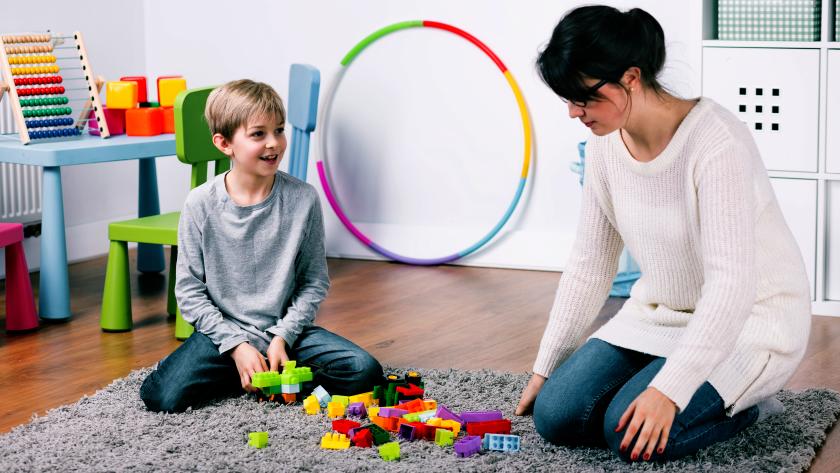I’m guessing that if you’re reading this, your child has already been assessed and has been diagnosed with ADHD. At this point you’ve probably chatted to various medical and educational professionals and also done some research yourself. And you’ve likely found most research suggests that a combination of medication and behavioural therapy seems to be the most effective treatment for ADHD.
Medication is quite a contentious issue. And one that needs to be discussed in detail. But it is not the main aim of this article. If you have not yet done so, I would suggest that you watch my video on ADHD medication. In it I explain exactly what ADHD medication is and how it works.
Below, I want to focus on the second component of effective treatment: behavioural therapy for ADHD. I’m mostly going to chat to you about how I conduct this therapy in my own practice. But for those of you who live further away, this may act as a guide on what to ask if you take your child to a psychologist near you that offers therapy for ADHD.
How long does therapy last?
I generally start off with a six week programme. Many of my clients have asked why I only do six weeks while ADHD is a life long condition. Personally, I am not a fan of long term therapy for kids because I feel it can too easily become a crutch. Long term therapy can cause children to rely too heavily on others to help them instead of developing the tools to manage their own ADHD symptoms. Of course, this does not mean that once the six week programme is over I terminate my support and communication with the client. Instead, after the six week intensive programme we monitor your child’s behaviour at home and school. This gives us an idea of how they cope and where else they may need help. So that should they need further intervention in the future, we get them back in for a few isolated sessions to “tweak” the aspects they most struggle with.
Do you work only with the child when doing therapy for ADHD?
Yes and no. During the session I will work on a one-on-one basis with the child. But after the session I will contact the parents / school and discuss with them which aspects we worked on in therapy and how they can help their child implement and practice this is different settings.
Let’s chat about the expectations for therapy with ADHD children:
This kind of therapy can be very effective, but it is not a miracle treatment. One cannot “therapy” the ADHD out of a child! So please do not expect that your child will stop showing signs of ADHD after behavioural therapy. Instead the focus is on helping your child to function to the best of his ability. So in essence: teaching them the tools that they can use to manage their own impulsivity and distractibility.
Two guiding principles:
Therapy for ADHD children should always be lead by two guiding principles:
- Empowering the child and
- Boosting their self-esteem
Empowerment is about helping children understand that that have some power in managing their symptoms. And helping them discover the inner resource they need to do this.
Self-esteem is such an important aspect of a child’s psyche and I think all kids can do with a regular boost to their self-esteem. But children with ADHD might be feeling particularly aware of their difficulties and this may have been eroding their self-esteem for some time. So throughout this process of therapy for ADHD children, it is very important that neither the therapist nor parents / teacher describe the therapy sessions as a way to “fix” the child. Nor should it ever be phrased that there is something “wrong” with them that needs to be “remedied”. The message we want to get across to them is: “Let’s find out how your brain works best and then train you to use it optimally”.
Therapy for ADHD needs to be customized!
No two children with ADHD are alike. For the same reason, no intervention programme should ever be so rigid that it cannot accommodate a child’s individual needs. Some children may cope more easily with some aspects of the programme than with others. Flexibility allows us to move along faster from aspects your child has mastered, while spending more time on those he struggles with. From time to time emotional issues may also come up in therapy. if this happens it is important that the goals of the therapy for ADHD can first be set aside, while I help your child work through the emotional issues.
Please feel to contact me should you have any questions – or “answers” as I mistakenly said in the video above 🙂
Phone me on 082 69 59 319, email me at anel@childpsych.co.za or follow my Instagram page for regular tips and updates.
Take care!
Anel Annandale

